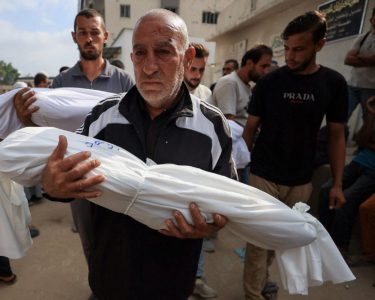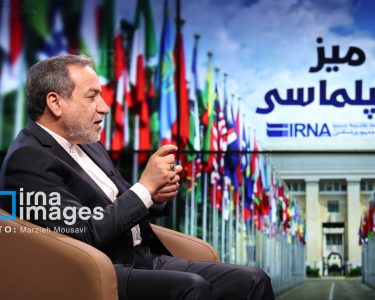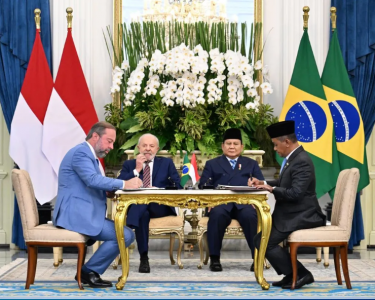
HAVANA, July 12 (NNN-TELESUR) —The Cuban government rejects new US travel sanctions against President Miguel Díaz-Canel and other top officials, denouncing these measures as part of a prolonged and ruthless economic war against the island.
On July 11, the US Department of State announced travel sanctions against Cuban President Miguel Díaz-Canel, Defense Minister Álvaro López Miera, and Interior Minister Lázaro Alberto Álvarez Casas, prohibiting their entry into the United States along with their immediate family members.
These sanctions were applied under Section 7031(c) of the Department of State Appropriations Act for fiscal year 2025, which bars entry to foreign officials involved in significant corruption or human rights violations.
Additionally, visa restrictions were imposed on other Cuban judicial and prison officials, whose identities remain confidential under US immigration laws. The U.S. government also expanded its list of restricted properties and prohibited accommodations in Cuba, adding eleven new hotels linked to the Cuban Government, including the luxury “Torre K” hotel in Havana.
Cuban Foreign Minister Bruno Rodríguez Parrilla categorically rejected these sanctions, stating that “the United States is capable of imposing travel sanctions against revolutionary leaders and maintaining a prolonged and ruthless economic war against Cuba, but it does not have the capacity to break the will of this people or its leaders.”
Rodríguez Parrilla described these measures as part of a “criminal economic siege” that remains the main obstacle to Cuba’s development.
He denounced US policies for worsening social hardships, increasing family separations, and fueling migration pressures. He warned that these actions only strengthen Cuba’s determination to continue its sovereign and socially just path.
The Foreign Minister also highlighted the “double standards” of the United States, questioning why no action has been taken against individuals and groups operating within its own territory that Cuba designates as responsible for terrorist and destabilizing activities.
Amid these tensions, Cuba recently submitted an updated national list of individuals and organizations designated as terrorists to the United Nations. This list includes 62 people and 20 groups, many residing in the United States. The Cuban government has requested international cooperation for the detention and extradition of those accused of violent and destabilizing actions against Cuba.
The Cuban government reaffirms that these sanctions and restrictions are part of an aggressive policy that will not break the resilience of the Cuban people nor the sovereignty of the nation. — NNN-TELESUR





